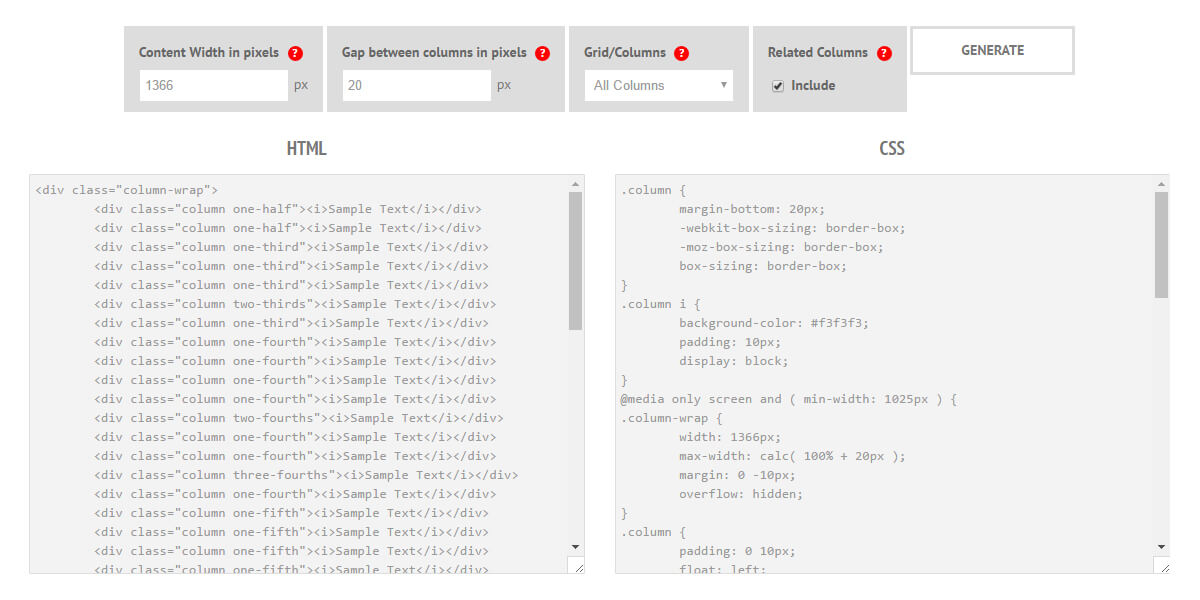The Intricacies of Cost Reimbursement Contracts
Cost reimbursement contracts are an essential aspect of the legal and business world. They provide a flexible and dynamic framework for businesses and organizations to engage in contracts that involve uncertain costs and risks. As a legal professional, I have always been fascinated by the complexities and nuances of cost reimbursement contracts.
Cost Reimbursement Contracts
Cost reimbursement contracts, also known as cost-plus contracts, are a type of contract in which the contractor is reimbursed for all legitimate expenses incurred in the performance of the contract, in addition to receiving a predetermined fee. Contracts used industries construction, research development, defense, scope nature work uncertain subject change.
Types Cost Reimbursement Contracts
There are several types of cost reimbursement contracts, each with its own unique features and characteristics. These include:
| Contract Type | Description |
|---|---|
| Cost Plus Fixed Fee (CPFF) | The contractor is reimbursed for all allowable costs and receives a fixed fee, regardless of the actual costs incurred. |
| Cost Plus Incentive Fee (CPIF) | The contractor is reimbursed for all allowable costs and receives an additional incentive fee based on performance criteria. |
| Cost Plus Award Fee (CPAF) | The contractor is reimbursed for all allowable costs and receives an award fee based on performance criteria established in the contract. |
Challenges Considerations
While cost reimbursement contracts offer flexibility and adaptability, they also present unique challenges and considerations. Include:
- Uncertainty risk management
- Adequate documentation cost control
- Negotiation administration fee structures
Case Study: Cost Reimbursement Contract Defense Industry
In a recent defense procurement project, a cost reimbursement contract was used to develop and produce a highly specialized military vehicle. The contract allowed for adjustments in scope and requirements, which were essential given the evolving nature of military technology. Despite the inherent complexity, the cost reimbursement contract ultimately enabled the successful completion of the project within budget and timeline constraints.
Cost reimbursement contracts are a vital tool for businesses and organizations to navigate the challenges of uncertain costs and risks. Understanding the nuances of these contracts is essential for legal professionals and business leaders alike.
Cost Reimbursement Contract Agreement
This Cost Reimbursement Contract Agreement (“Agreement”) is entered into as of [DATE] by and between [PARTY A], and [PARTY B], collectively referred to as the “Parties.”
| 1. Definitions |
|---|
| 1.1 “Cost Reimbursement Contract” means a contract in which a contractor is reimbursed for allowable costs incurred in the performance of the contract, to the extent prescribed in the contract. |
| 1.2 “Costs” means all allowable costs, as defined and determined in accordance with the applicable Federal Acquisition Regulation (FAR) and Cost Accounting Standards (CAS). |
| 1.3 “Contractor” means [PARTY A] who is obligated to perform the services specified in the contract. |
| 1.4 “Government” means [PARTY B] who is entering into this contract with the Contractor for the performance of certain services. |
| 2. Scope Work |
|---|
| 2.1 The Contractor shall perform the services as specified in the contract, in accordance with the terms and conditions set forth herein. |
| 3. Payment |
|---|
| 3.1 The Government shall reimburse the Contractor for allowable costs incurred in the performance of the contract, subject to the limitations and provisions set forth in the contract. |
| 3.2 The Contractor shall submit monthly invoices to the Government, detailing the allowable costs incurred, in accordance with the requirements of the contract. |
| 4. Term Termination |
|---|
| 4.1 This Agreement shall commence on the date of execution and shall continue until the completion of the services, unless earlier terminated in accordance with the provisions of the contract. |
| 5. Governing Law |
|---|
| 5.1 This Agreement shall be governed by and construed in accordance with the laws of the State of [STATE], without giving effect to any choice of law or conflict of law provisions. |
IN WITNESS WHEREOF, the Parties have executed this Agreement as of the date first above written.
[PARTY A]
____________________________________
[PARTY B]
____________________________________
Unraveling the Mysteries of Cost Reimbursement Contracts
| Question | Answer |
|---|---|
| 1. What is a cost reimbursement contract? | A cost reimbursement contract is a type of contract in which the contractor is reimbursed for all legitimate expenses incurred in the performance of the contract. This type of contract provides flexibility and allows for the adjustment of the contract price based on the actual costs incurred. |
| 2. What are the different types of cost reimbursement contracts? | There are several types of cost reimbursement contracts, including cost plus fixed fee (CPFF), cost plus incentive fee (CPIF), and cost plus award fee (CPAF) contracts. Each type has its own unique characteristics and requirements. |
| 3. What are the key elements of a cost reimbursement contract? | The key elements of a cost reimbursement contract include the scope of work, the method of reimbursement, the cost accounting standards, and the allowable costs. It is important for both parties to clearly define these elements in the contract to avoid disputes and misunderstandings. |
| 4. What are the advantages of a cost reimbursement contract? | One of the main advantages of a cost reimbursement contract is that it allows for flexibility and adaptation to changing circumstances. It also incentivizes contractors to control costs and manage resources efficiently, as they are directly reimbursed for their expenses. |
| 5. What are the potential risks of a cost reimbursement contract? | One potential risk of a cost reimbursement contract is the potential for cost overruns, as the contractor is reimbursed for all legitimate expenses. Additionally, there may be challenges in accurately tracking and verifying costs, which could lead to disputes. |
| 6. How are costs typically reimbursed in a cost reimbursement contract? | Costs are typically reimbursed based on the actual expenses incurred by the contractor, including direct costs, indirect costs, and allowable overhead costs. It is important for the contractor to maintain accurate and detailed records of all expenses. |
| 7. What are the implications of the cost accounting standards in a cost reimbursement contract? | The cost accounting standards (CAS) are a set of guidelines and procedures that govern the allocation and measurement of costs in government contracts. Compliance with CAS is a requirement for contractors performing cost reimbursement contracts with the government. |
| 8. How are disputes typically resolved in a cost reimbursement contract? | Disputes in cost reimbursement contracts are typically resolved through negotiation, mediation, or arbitration. It is important for both parties to have clear dispute resolution procedures outlined in the contract to address any disagreements that may arise. |
| 9. What are some best practices for managing cost reimbursement contracts? | Some best practices for managing cost reimbursement contracts include maintaining accurate and detailed records of expenses, regularly communicating with the contracting officer, and proactively addressing any potential cost overruns or issues. |
| 10. How can a lawyer assist in navigating cost reimbursement contracts? | A lawyer with experience in government contracts and cost reimbursement agreements can provide valuable guidance and assistance in drafting and negotiating the terms of the contract, as well as in addressing any disputes or compliance issues that may arise during the contract performance. |


